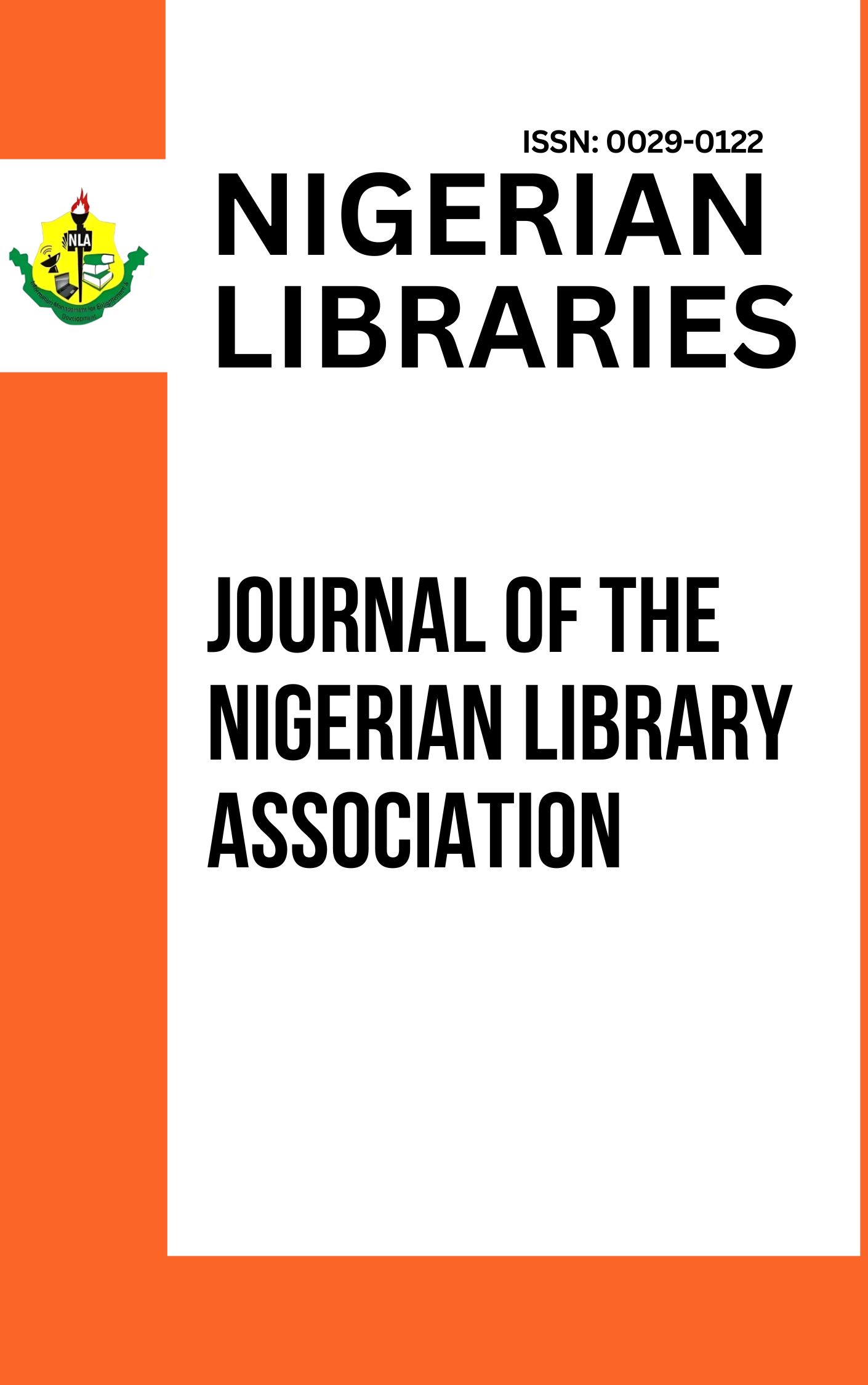Abstract
This study investigates the impact of UNESCO’s Open Educational Resources (OER) recommendations on Nigerian educational systems with special reference to federal university libraries. The objectives are to assess: awareness, implementation levels, perceived impact on teaching and learning, and identify challenges faced in adopting UNESCO OER guidelines. A quantitative research approach was employed, utilizing a survey of staff from six federal university libraries across Nigeria’s geo-political zones. These include the University of Lagos; University of Nigeria, Nsukka; Ahmadu Bello University, Zaria; University of Calabar; Federal University, Lokoja; and the University of Maiduguri. A total of 172 respondents participated, and the data was collected using self-developed questionnaire through the google form within five (5) weeks. Descriptive statistical analyses of frequency, percentages, mean and standard deviation were used to analyze the data. The findings of the study revealed a moderate awareness (mean = 3.43) and understanding (mean = 3.41) of UNESCO OER recommendations. Implementation levels were low to moderate (mean = 2.28 – 2.59). The impact of OER on teaching and learning was moderately positive, improving teaching effectiveness (mean = 3.52), student engagement (mean = 3.38), and cost efficiency (mean = 3.33). The study highlights significant challenges, including funding shortages, insufficient training, lack of supportive policies, among others. The study concludes that OER and librarians promote inclusive, equitable, and quality education, and support lifelong learning across institutions. The study recommends targeted investments in infrastructure, comprehensive capacity-building programmes, robust institutional policies, and sustainable collaborations to enhance OER adoption and impact. Addressing these systemic barriers is critical to achieving the full potential of UNESCO’s OER recommendations in Nigerian universities.



 National Library of Nigeria
National Library of Nigeria.jpg) Association of Nigerian Authors
Association of Nigerian Authors Nigerian Library Association
Nigerian Library Association EagleScan
EagleScan Crossref
Crossref